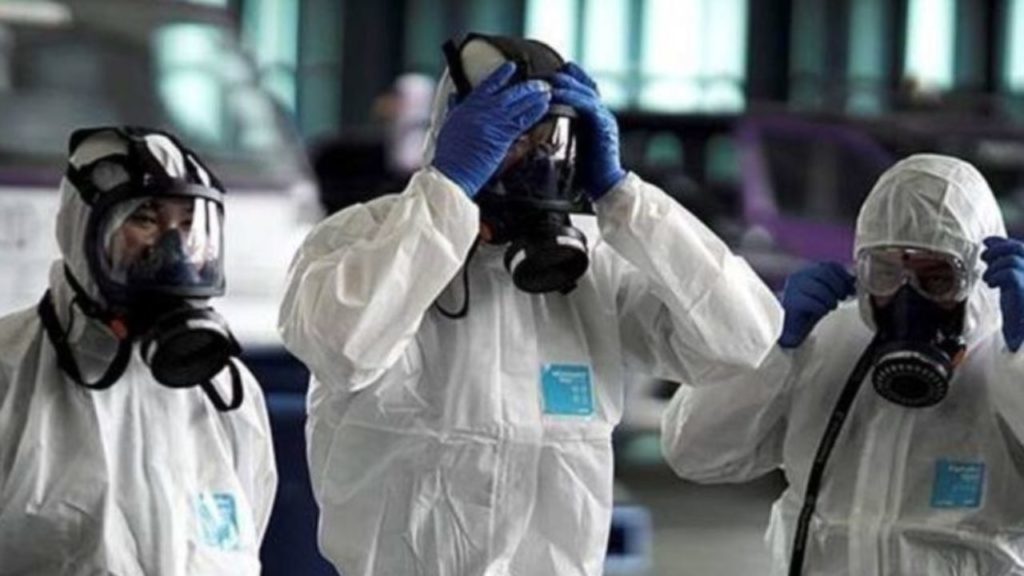Omicron Scare Grips India: Travel Restrictions Imposed By These States (Read Before Traveling)

Travel rules have been changed due to the new and deadly variant, Omicron, that has been on the rise. Here is a complete list of travel rules that have been imposed by various state governments:
Contents
Delhi
The guidelines by the Union Ministry of Civil Aviation for people flying to Delhi have stated that random sample collection will be done for passengers arriving from states where there has been an increase in the number of COVID-19 cases. Passengers will be allowed to exit only after their samples have been collected. They will also have to undergo thermal screening.
International passengers that are flying from non-at-risk countries will be allowed to leave the airport. They will be required to self-monitor their health for 14 days.
Maharashtra
In Maharashtra, high risk international flyers will have to undergo RT-PCR tests on arrival at the respective airports and will have to undergo a mandatory “institutional quarantine” of 7 days. Along with this, they will have to get tested again on the seventh day, and will have to be shifted to a hospital with COVID-19 treatment facilities if the test comes out positive. If the test is negative, they will have to be home quarantined for 7 more days.
In the case of domestic air travelers, passengers will have to be fully vaccinated or carry an RT-PCR negative certificate which should be only 72 hours old.
Mumbai
For people flying in from Dubai, the Mumbai civic body has made seven days’ home quarantine mandatory.
An RT-PCR test will not be required on arrival if the passengers are fully vaccinated. The civic body said the ward war room will be in touch with the passengers in home quarantine for seven days, and an RT-PCR test will be done on the seventh day. If the test turns out to be negative, the passenger will be required to self-monitor their health for 14 days.
As per BMC, “If the test is positive, they will be shifted to institutional quarantine as per the current guidelines for the international traveller.”
The collector will make arrangements for transportation for travelers residing in other cities than Mumbai. Travelers will not be allowed to take public transport as well
West Bengal
Travelers coming in from other states will be required to carry negative RT-PCR reports and the tests should have been conducted not more than 72 hours before their travel. Those arriving in the state from Omicron infected countries will have to spend seven days in quarantine.
A special ward has been set up at the government-run Belaghata ID Hospital, especially for patients who have tested positive for Omicron.
Karnataka
International flyers will be required to undergo RT-PCR tests and remain in home quarantine for seven days. If the test comes back positive, the sample will be sent for genomic sequencing and the traveler will be admitted to a separate isolation facility. The travelers will be discharged at the discretion of the treating physician if the genomic sequencing is negative.
For travelers coming from countries other than those enlisted as the “at-risk” ones, a random sample of 5 per cent of travelers with negative results will have to appear for the RT-PCR testing on arrival.
Jammu and Kashmir
For international travelers flying to Kashmir, RT-PCR tests at the airport are necessary. If the tests come back positive, they will be shifted to a quarantine facility; their contracts will also be traced and tested.
However, those flying in from ‘at-risk’ nations and test negative will still be required to home quarantine themselves for seven days. A second test will be conducted on Day 8 again, and if that comes back negative, will be advised to self-monitor for a minimum of two weeks.

Comments are closed, but trackbacks and pingbacks are open.